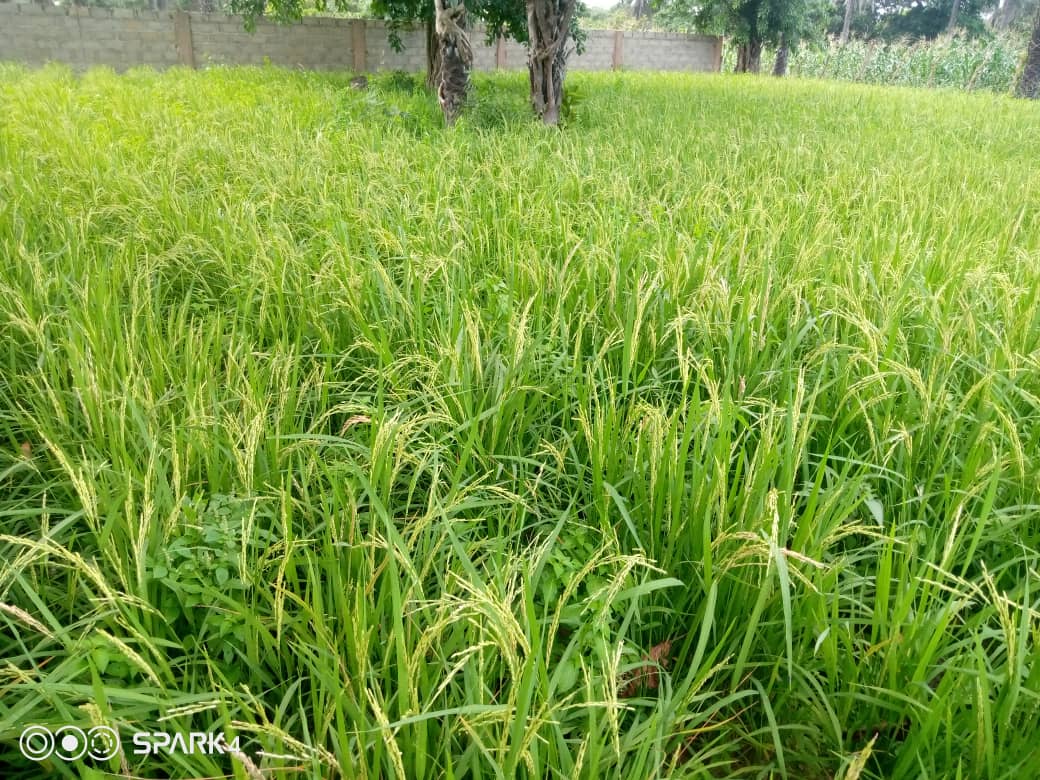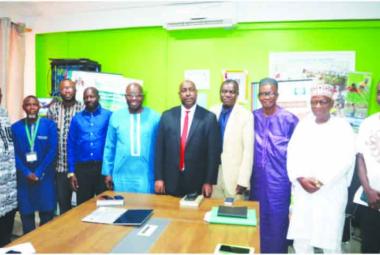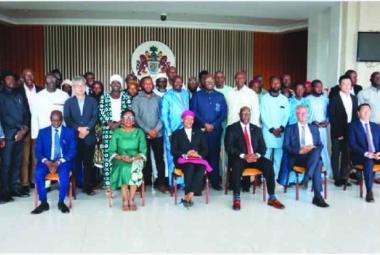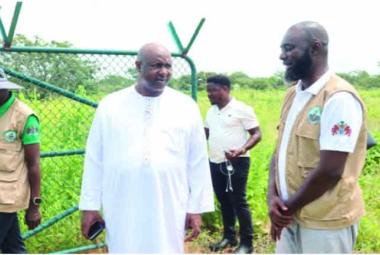By Sainabou Sambou
In an unusual move, a farmer by the name Alagie Sowe, who hailed from the village of Nyofelleh, Kombo East, has cultivated Nerica rice on a loamy soil (upland) for the first time in his 35-year farming career and is now anticipating bumper harvest.
In an this exclusive interview, Sowe, a subsistence farmer, told Gambia Daily that the decision to try out rice cultivation outside the swamps came about when the Ministry of Agriculture provided him a bag Nerica rice grains. He however affirmed that part of his motivation was seeing some people who successfully cultivated Nerica rice on a loamy soil.
He noted the importance of consuming locally produced food. “The rice that I cultivated is for family consumption, not for business. Growing what you eat is the best. The rice we buy from the shops or markets are cultivated by people and [may be less of quality]”.
Sowe mentioned lack of advanced implements and equipment as a limitation to expand his farming activities. “I ploughed the farm by myself without using tractors or any farm animals to do the farming for me. That is why I couldn’t cultivate the full bag of rice grain that I took from Agriculture”.
He expressed desire to engage in advanced farming next year if farming tools are provided. “I urge the government especially the Ministry of Agriculture to help us, farmers, with farming equipment,” he said.
To get a deeper understanding of Nerica, Gambia Daily caught up with Dr. Lamin Dibba, Director of Research at the National Agricultural Research Institute. He narrated a brief history of Nerica in the country. He said Nerica stands for ‘New rice for Africa’. “New in the sense that when you talk about rice people think that it can only be grown on low lands, where you have swamps. A scientist in the early 90s to late 90s, who is a breeder, tried to cross -breed two rice varieties and came up with a new variety”. He said the two species that formed the new one are Orzya glaberrima and Orzya Sativa. “Orzya Sativa is an African rice variety and has high potential”. The product of this cross-breeding, he explained, is what is called Nerica.
Mr Dibba informed that the scientist came to The Gambia to conduct a research to test the rice but the first set of varieties couldn’t produce the yield that they were expecting. “So they had to do several cross-breedings in the early 2000s. He came up with 7 rice varieties; the first set could be cultivated on the uplands and the other set could be grown on the low lands as well as - where there is less water,” the Research Director said.
He said the processes took place in the laboratories and the testings done in different Africa countries including The Gambia.
He said the Ministry of Agriculture set up the National Seed Secretariat, responsible for production of foundation seeds from the limited quantities of breeder seeds received from NARI. “ NARl does research on those seeds and select those that are well suited to the environment before they are adopted by farmers”.
Mr Dibba recalled that during the introduction of Nerica, he led a team on a country-wide survey to identify gaps and challenges and find solution for farmers.
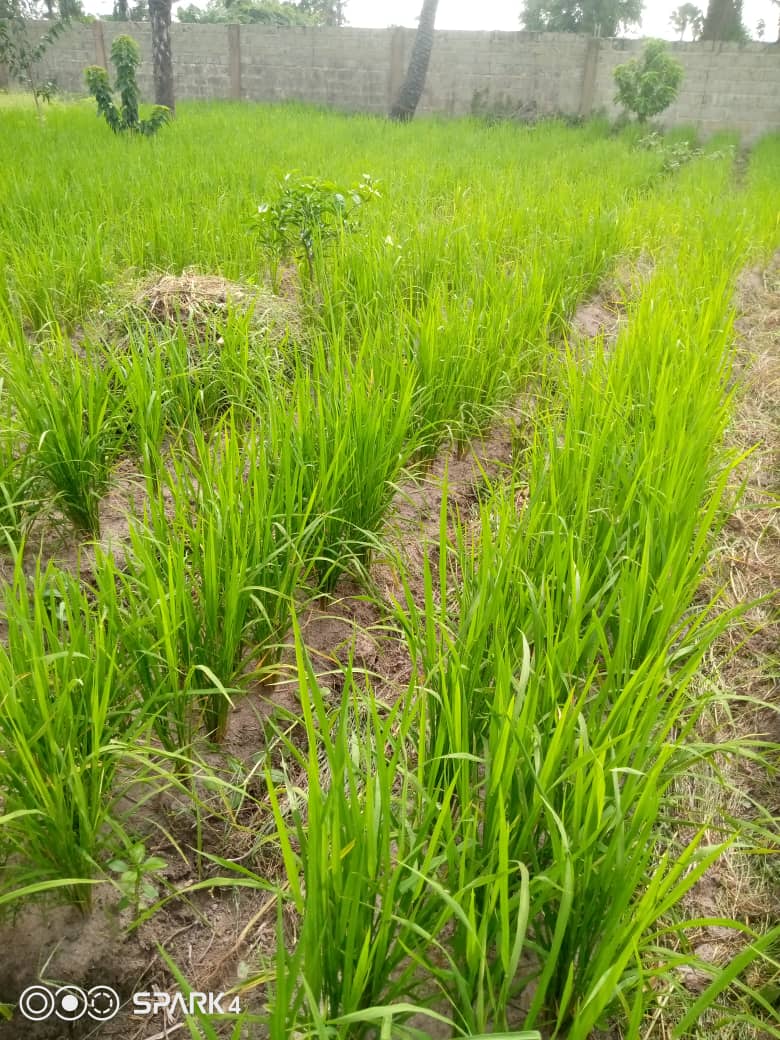
Photo Credit: The Farm of Ambassador Essa Bokarr Sy in Nyofelleh.

